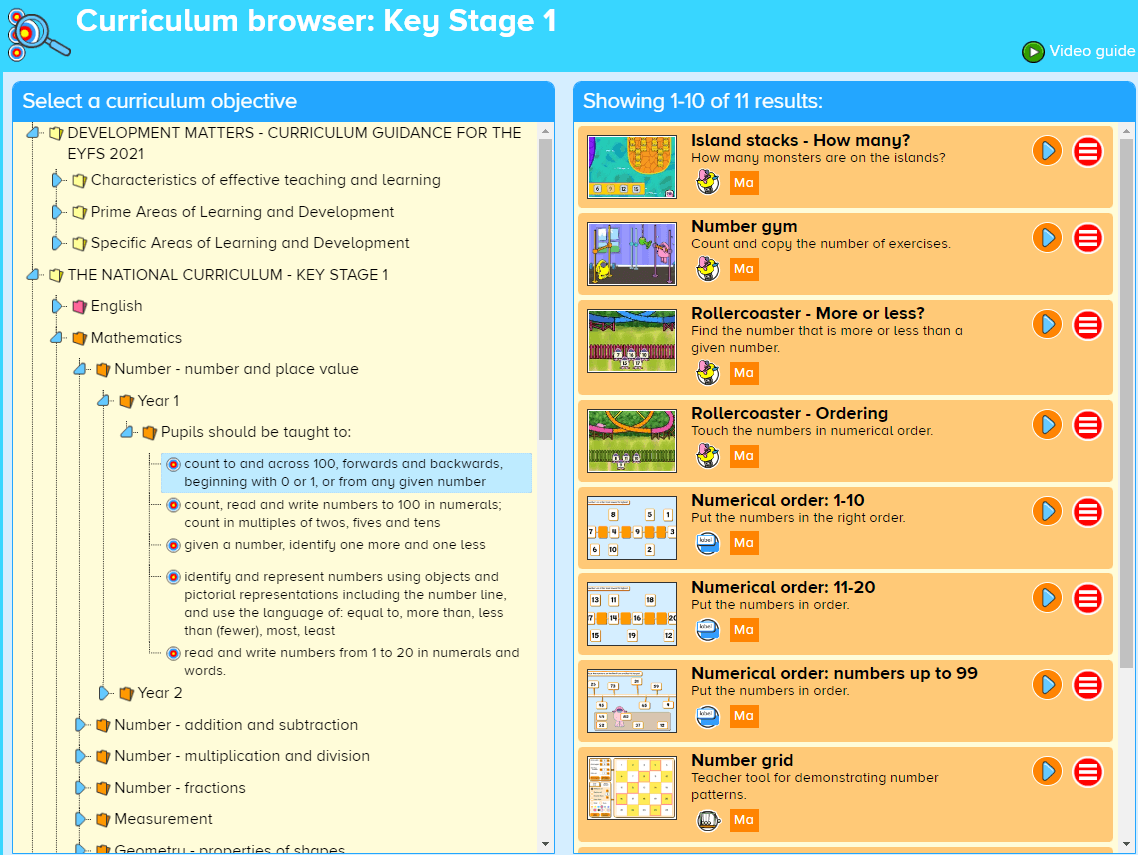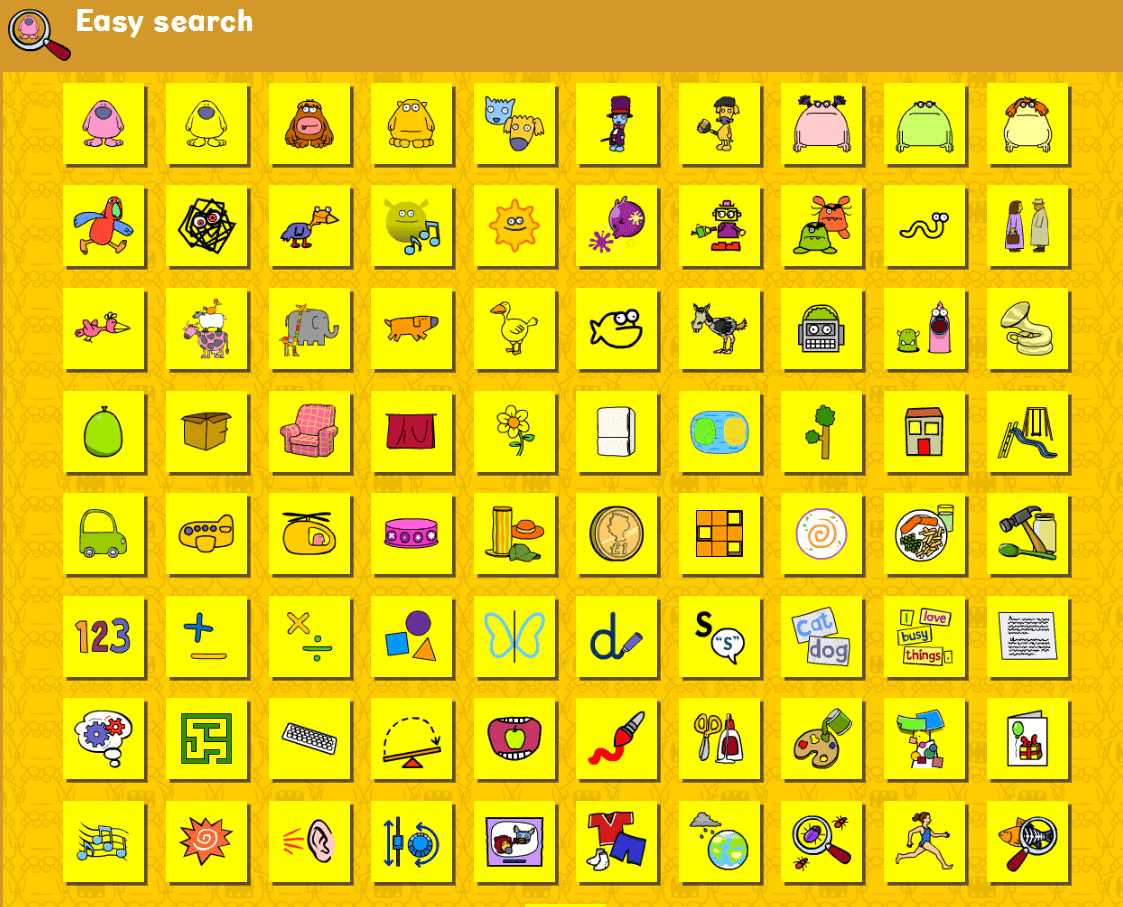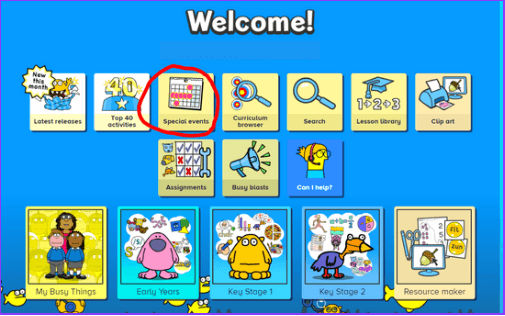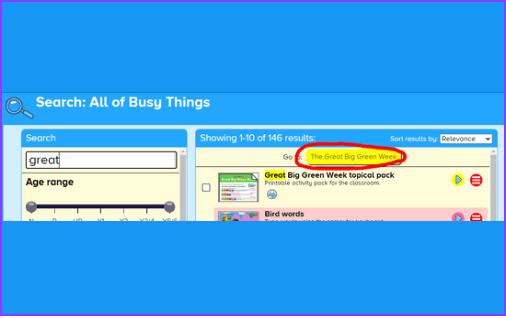Home Educating with Busy Things

By all accounts, home education is on the rise. Although figures are a little sketchy, it would seem that they’ve risen from just over 81,000 in October 2021* to 86,200 in January 2023**. Quite a hike!
Why has home educating become so popular?
The reason behind the increase is unclear but many point to Covid. On the positive side, the lockdowns gave parents and children a taste of what it would be like to learn at home. On the negative side, many children lost all sense of routine during the pandemic and now find themselves suffering anxiety in the classroom environment.
Pros and cons of home educating
As a family:
- you can tailor your school day around when the children are most focussed and parents’ work rotas
- you don’t need to keep school hours, meaning both bedtimes and getting-up times can flex
- you’re not restricted to school holidays for trips away
As a child, what and how you learn is entirely up to you and your parents. You:

- don’t need to follow the National Curriculum but can focus on what interests you. If you’ve been inspired by a film you’ve just watched, you can research the area further. If you like animals and nature, you can get outdoors and learn first-hand.
- are primarily given one-on-one teaching, working at your pace not the class’s. There are no disruptions and no concerns about asking a question in front of others. It becomes more interactive and many find it a much more efficient way to learn.
That’s not to say that it’s an easy route. As a home educator, you need to work out what to teach, what materials are needed, who is best to teach it (if you don’t have the knowledge yourself), as well as ensuring there is opportunity for both physical activity and social interaction. It can feel empowering and overwhelming in equal measure!
How Busy Things can help
Whatever your focus, whether it be to put more emphasis on being outdoors or to concentrate more on life skills like cooking and creating, Busy Things can help with the essentials, by providing engaging and fun-to-play activities. There are over 1,400 of them in total, they’re educational, great for knowledge reinforcement and cover 14 subject areas!
Home-educating families following the National Curriculum
If, as a home educator, you’ve decided to follow the National Curriculum for any of your subjects, the best way to use Busy Things is by using the Curriculum browser. Here, you can drill down into the learning objectives to find the activities that meet them perfectly.

Alternatively, you could use the Search facility to look up a keyword. Once the activities appear, you can see how each fits into the curriculum by using the lined red button to the right of the activity box and clicking into Curriculum links.

Home-educating families harnessing children’s natural curiosity
For home educators taking a more child-led approach, Busy Things hears you. Our platform was built to be a natural playground – 100% safe and easy for children to navigate around.
When logged in in Pupil mode, you can head to our Easy search area, which offers you a wall of learning opportunities to choose from. What would you like to play today? Something with robots perhaps, something with animals? All you need to do is click and play!
Once in an activity, you can see other activities that naturally follow on, by simply clicking into ‘Related activities’ at the top.
Home-educating families wanting to provide an education that is more relevant
Learning is more meaningful if it connects to the real world, which is why Busy Things includes calendar events and has activities and games associated with them. We’ve everything from Diwali Sukkot and National Coding Week to Great Big Green Week, Fairtrade Fortnight and The Big Draw. You don’t need to celebrate every one, you’d be exhausted, but can cherry-pick those that are relevant and of interest to your child. They are especially useful if you’re part of a local home education support group, where you might take it in turns to choose topical events to focus on.
Where can you find these? You can access these topical activities via the Special events button on the Welcome page in Teacher mode. Alternatively, you can just search for a keyword as usual, and you’ll see a topical activity button above the activity names.


How Busy Things can help home-educating parents
Although knowing you’ve a source of quality, engaging educational activities to tap into is obviously reassuring, Busy Things can help with much more than lesson content.
You’ll also have the tools that our teachers use in school, such as:
- Pins – to highlight must-do activities
- Assignments – to assign an activity and automatically mark it
- Favourites area – to give easy access to the games/activities your child likes to play most
- Settings – to customise the activity to suit your child’s preferences and level of ability
- National Curriculum links
Interested to know more?
Our home educator package is something quite new and isn’t featured on the website yet. It costs £85 (including VAT) per year for up to 5 children and gives you unlimited access to all our activities and games for 3-11-year-olds. This means you can work at the recommended level, or above/below it, depending on your child’s abilities. You’ll also get access to all the teacher tools too, so you can assign activities and ask for them to be auto-marked.
If you’re a Busy Things for Families subscriber and would like to upgrade to the Busy Things’ home educator package or hear more information about it, just call us on (0)1332 364963. We’re available Monday-Friday, 8.30 am – 4.30 pm.
If you’ve currently no subscription with Busy Things but would like to try the subscription for home-educating families, call us or email us at enquiries@busythings.co.uk.
In either case, we’d love to show you around so you see the full extent of the content and the flexibility that the tools offer. Click here and we can arrange a Zoom tour at a time that suits you.
* Source: https://adcs.org.uk/education/article/elective-home-education-survey-report-2021
** Source: https://commonslibrary.parliament.uk/research-briefings/sn05108/